Quote from the early 1900s: “The cure for the ills of democracy is more democracy.” This saying has been credited to different people, including the famous American social worker and women’s suffrage leader Jane Addams, the famous American philosopher and psychologist of that time, John Dewey, and most famously, the famous former Wisconsin Governor and U.S. Senator Robert M. “Fighting Bob” LaFollette.
No matter who came up with that term, all three of them used it, and it has been used to predict and guide events many times over the years. Now, in 2024, it may never be more important or useful for the survival of our 235-year-old American Experiment in democratic self-government.
So far this year, Wisconsin has been amazingly good for advancing political engagement and participation. This comes after more than a decade of steadily destroying and weakening what was once thought to be the nation’s most important democracy lab.
Fair maps
Wisconsin had one of the most partisan, unfair, and unrepresentative political gerrymanders in the country when it came to drawing legislative districts 13 years ago. In February, Gov. Tony Evers signed into law new, much fairer and more competitive state legislative vote maps, which made people happy.
From 2024 on, the new plans will likely stay in place until the end of the decade. No party is helped by these plans, not even the Democrats. Instead, they much more accurately show how divided Wisconsin is, with a 50/50 “blue/red” partisan split. Wisconsin is probably the most “purple” state in the country.
The return of ballot drop boxes
The previous court majority made a bad decision two years ago that all Wisconsinites couldn’t use secure vote drop boxes. In July, the Wisconsin Supreme Court overturned that decision.
People with disabilities, the elderly, and people who live in places with limited voting hours used drop boxes to safely and securely send their absentee votes to election clerks so that they could be counted on Election Day. Getting rid of drop boxes was a cruel way to keep people from voting.
It was only done in Wisconsin and a dozen other deeply red southern and western states. Luckily, the current majority on the Wisconsin Supreme Court fixed this travesty of justice. Ballot drop boxes will be back up and running in many towns, but not all, for the Nov. 5 election and beyond.
Voters reject constitutional amendments
Lastly, in August, Wisconsin voters put down two constitutional amendments that would have made it harder for the governor to use federal funds given to Wisconsin in an emergency, like a natural disaster or pandemic, without the approval of a small group of powerful partisan lawmakers.
Voters spoke out against these measures and easily defeated them. Voters overwhelmingly said “No!” when they were told that this last attempt by a partisan legislature majority to seize more power would throw off the state’s delicate balance of political power even more.
In this state’s party primary election in August, more people than in any other election in the last 60 years showed up to vote.
These three important and uplifting wins for Wisconsin voters and for democracy show that if people get involved and educated, they will support expanding voting rights, giving people more power, and protecting and enhancing democratic norms and traditions.
They will also fight attempts to limit these freedoms. Recent events in Wisconsin also show that fully involved citizens and high voter turnout are just as important to the survival of democracy as oxygen is to breathing and to life itself.
To fix the problems with democracy in Wisconsin and across the country, people need to vote. Our sickness is citizen disengagement, and the hopelessness, depression, and cynicism that come with it. When we vote, we help cure THAT sickness. People who vote are healthy and have more power as citizens.
The election coming up on November 5 is likely to be the most important and life-changing one most of us will ever see. There is no reason not to vote or do something else to be involved in this election.
We can and should all do even more to get people to vote by telling family, friends, neighbors, and even strangers how important it is to do so. As much as you can, vote like our government and country depend on it. Because they do.

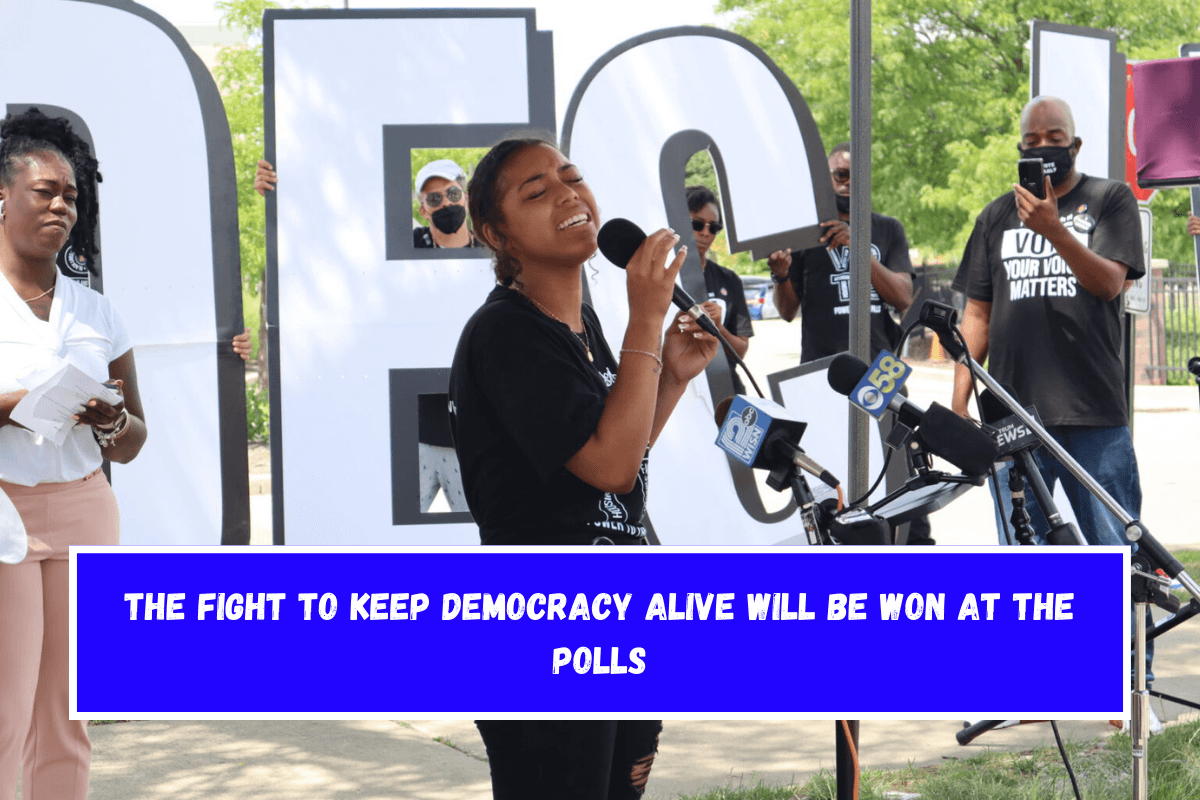
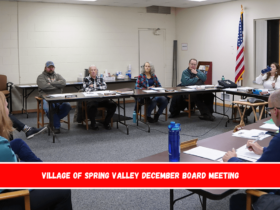
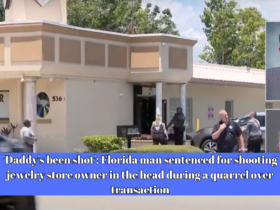


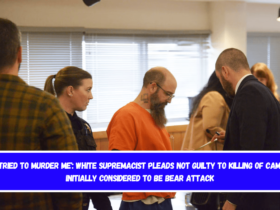
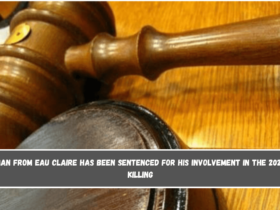
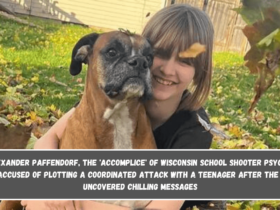
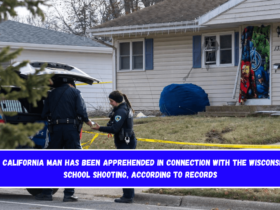
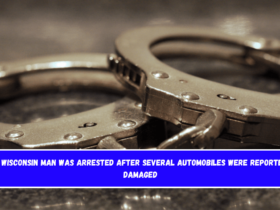
Leave a Reply